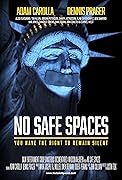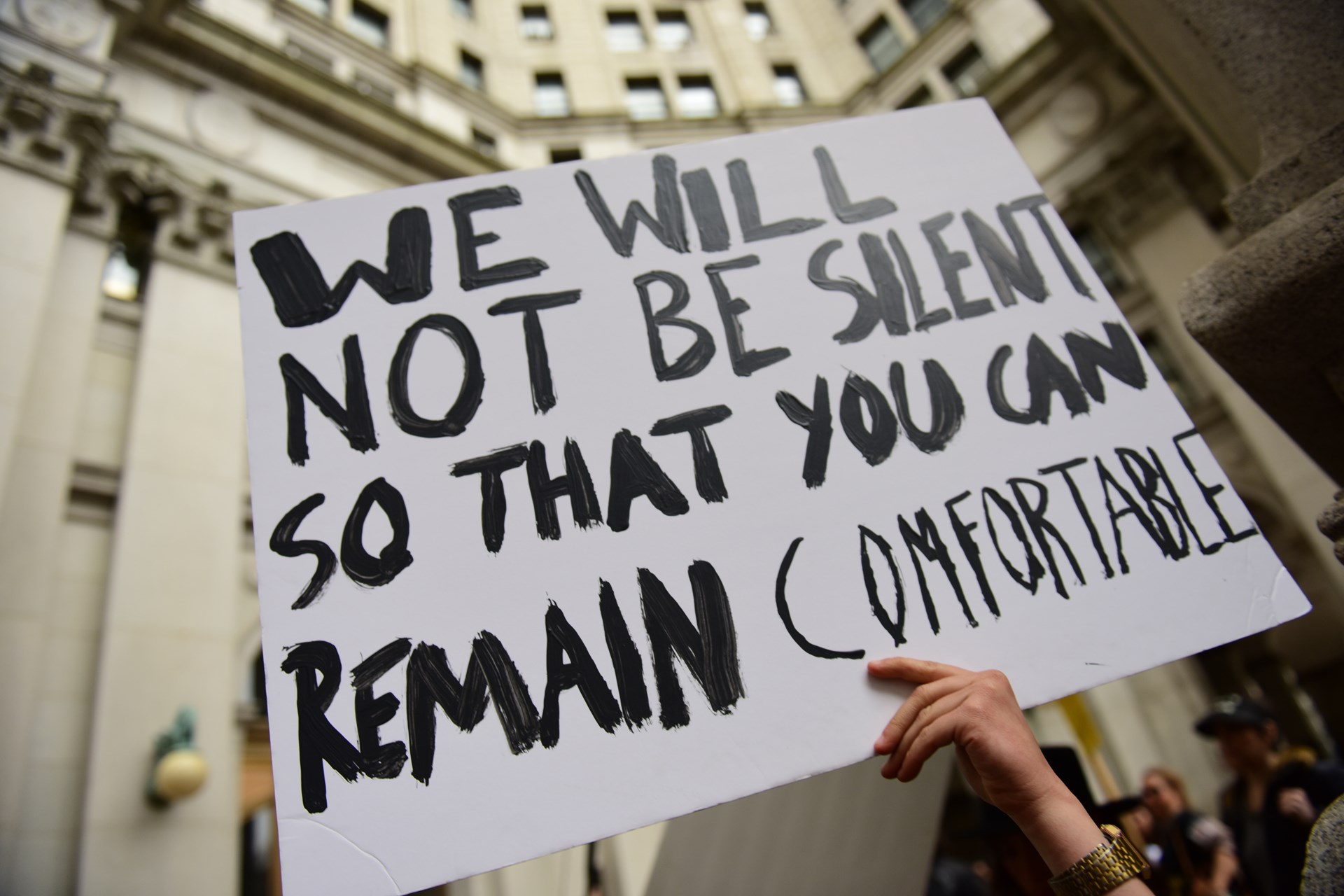- Abuse & The Abuser
- Achievement
- Activity, Fitness & Sport
- Aging & Maturity
- Altruism & Kindness
- Atrocities, Racism & Inequality
- Challenges & Pitfalls
- Choices & Decisions
- Communication Skills
- Crime & Punishment
- Dangerous Situations
- Dealing with Addictions
- Debatable Issues & Moral Questions
- Determination & Achievement
- Diet & Nutrition
- Employment & Career
- Ethical dilemmas
- Experience & Adventure
- Faith, Something to Believe in
- Fears & Phobias
- Friends & Acquaintances
- Habits. Good & Bad
- Honour & Respect
- Human Nature
- Image & Uniqueness
- Immediate Family Relations
- Influence & Negotiation
- Interdependence & Independence
- Life's Big Questions
- Love, Dating & Marriage
- Manners & Etiquette
- Money & Finances
- Moods & Emotions
- Other Beneficial Approaches
- Other Relationships
- Overall health
- Passions & Strengths
- Peace & Forgiveness
- Personal Change
- Personal Development
- Politics & Governance
- Positive & Negative Attitudes
- Rights & Freedom
- Self Harm & Self Sabotage
- Sexual Preferences
- Sexual Relations
- Sins
- Thanks & Gratitude
- The Legacy We Leave
- The Search for Happiness
- Time. Past, present & Future
- Today's World, Projecting Tomorrow
- Truth & Character
- Unattractive Qualities
- Wisdom & Knowledge
Happiness Tuesdays
Hate Speech, Free Speech, and Talking About It
It’s not exactly a secret that the issue of free speech has become a big discussion one of late. Particularly with the explosion of the Internet - an endless opportunity to say whatever to whoever that’s accessible to anyone and everyone - we’ve run into some problems. The essential protection of free speech - the right to say and believe what you want - is clearly something many want upheld. The question is, at what cost?
The discussion around the subject is often emotional, usually heated, and in its worst form, violent. For many, there is a long history of oppression and pain related to the hate speech delivered both on online forums and in public. The idea of allowing this to go on with no repercussions makes stomachs turn and in a sense, communicates that the pain and oppression is neither valid nor important (not true). On the other hand - to step in, mitigate and micromanage the very words people speak, even if initially designed to protect others, has the potential to become very, very dangerous.
Like so many controversial conversations of this era - and hear me out on this - this is not one with a clear cut action plan and easy solution. It’s just not. Protecting others at the cost of removing freedoms.. it’s a mess. But perhaps the largest problem with this discussion is, in fact, the way we’ve gone about it. No empathy. No compassion. (As often on the internet.) We listen to political leaders whose only aim is to gain clout through teary apologies and burn with anger, either with them or against them. We assume the worst of those that disagree with us, claiming discrimination, ignorance, or sociopathic souls.
Perhaps the way to discuss this - and maybe even begin to address the actual issue here - (which of course is not what people say, it’s the fact that they mean and feel harm towards others) is to have a conversation. The ancient, lost, form of give and take. Listening without preparing a rebuttal. Hearing and understanding. Empathizing without insisting on sympathy in return.
Interesting Fact #1
40% of American millennials believe that the government should be able to prevent people from making statements offensive to minority groups.
Interesting Fact #2
Across all age groups in the US, 67% of people said that people should be able to offend minority groups in public.
Interesting Fact #3
According to a recent study, 9 in 10 American colleges or universities restrict the right to free speech of their students.
Quote of the day
If we don’t believe in free expression for people we despise, we don’t believe in it at all.
Article of the day - Hate Speech, Free Speech and Conversation
Small towns bring up visions of Mayberry with friendly neighbors and a life that is simple and predictable. Even for people living in smaller towns, that Mayberry world seems far away as the online world has infiltrated our lives with many things — including harshness and hate speech. As we all know, the internet has made it easier than ever to express ourselves...and be offended by the expression of others. Is this just the way things are now — or is something we can do about it?
In our small university town of Bolivar, Missouri, we gathered to talk about “hate speech” — and its growing proliferation in the online (and real) world around us. We decided to try a Living Room Conversation, committing to civility in stark contrast to the online commentary we had gathered to discuss.
One example of vitriol we discussed was a Reddit forum in which there was a thread devoted to videos of black men dying. On another forum, whose title is a racial slur, users have conversations wondering if there are any places left that do not have black people [the real language of the site has been omitted due to it being too offensive]. On the popular blog site Tumblr, one user posted how he was enjoying a walk while listening to music. He was told by an anonymous commenter that he was “disgusting for flaunting his male privilege,” and was eventually told to “walk into traffic.” Of course, not all examples of hate speech are so clear - with vigorous debates going on in the country about what exactly constitutes “hate.”
It was easy to be aware of some divisions, since our group was divided between folks like myself who were fairly liberal, and others who were fairly conservative. During the first part of the discussion we simply got to know one another, we listened to each person’s experience intently and often shared their grief.
One of the participants, described how she had been the victim of a stalker and had been frequently harassed online before involving the police. This story — which was in itself an “aha!” moment for many — made us realize that on some level, there were no ‘for’ or ‘against’ sides in our discussion.
As our group sipped craft beer that cost more than the fast food we were eating, we found ourselves not just concerned with how this problem affects society, but how it affects each of us personally. Rather than being confined to the purview of digital space, there is a growing link between hate speech online and the growth of hate groups in the real world. According to the Southern Poverty Law Center, hate group participation has actually increased 30% since 2000.
I usually attributed most hate speech to certain areas of the country such as the Bible-belt south. What we all learned is that no one group, community, region, political party, race, religion or creed takes all the blame. In fact, by relegating hate speech to an omnipresent ‘them,’ we simply entrench the same categories that allows hate speech to flourish.
One participant remarked that “the internet allows for anonymity, so anyone can say anything and nothing will happen. And when nothing happens, people feel free to say anything to anyone.” But why? Our group threw out many reasons, but the one that we kept coming back to is the need for validation. If a person thinks that they can become part of a community through hate speech, that behavior is reinforced. It isn’t as simple as hateful people all congregating together, it’s a place where hate becomes a community. So people continue to hate, and their views get reinforced and become more extreme. Call it what you like — group think, group polarization or any number of things — but it is disturbing that we do not do more to foster communities of love, rather than communities of hate.
However, as disturbing as it may be, it is hardly surprising. Transcending difference is a more difficult endeavor than joining a group which champions a particular point of view that places itself in direct opposition to something, or someone, else. Moreover, in our society it has become easy to create ideas and groups focused on differences. How do we reverse that tendency?
This brought us into the last part of the Living Room Conversation: next steps/solutions. One person proclaimed in defeat that, “this is too big of a problem for one group of people to solve!” We took that comment in stride, agreeing with the sentiment and proceeded to toss around ideas of censoring hate speech, or imploring people to venture online with caution, neither of which seemed like particularly good choices. Alas, our group had grown more skilled at empathizing, but not at developing policies. We certainly wished we had policies or bits of legislation to offer. We started to realize that empathy alone can also make a difference.
Through understanding hate as a human problem, rather than an ideological one, we can perhaps cross barriers that politics or religion would not allow. That night our group did not debate, we listened and deliberated. We took no sides. We were not reduced to our positions, we were people. It’s so easy to hate an idea and not feel anything, but it’s harder to hate the person behind the idea and not feel something. We need to stop treating people like ideas, and start treating them them like human beings. Maybe more conversations, like the one we had can do just that, and create a more welcoming, inclusive and truly open society.
Question of the day - Why do you think there is so much tension surrounding this topic?
Rights & Freedom
Why do you think there is so much tension surrounding this topic?













